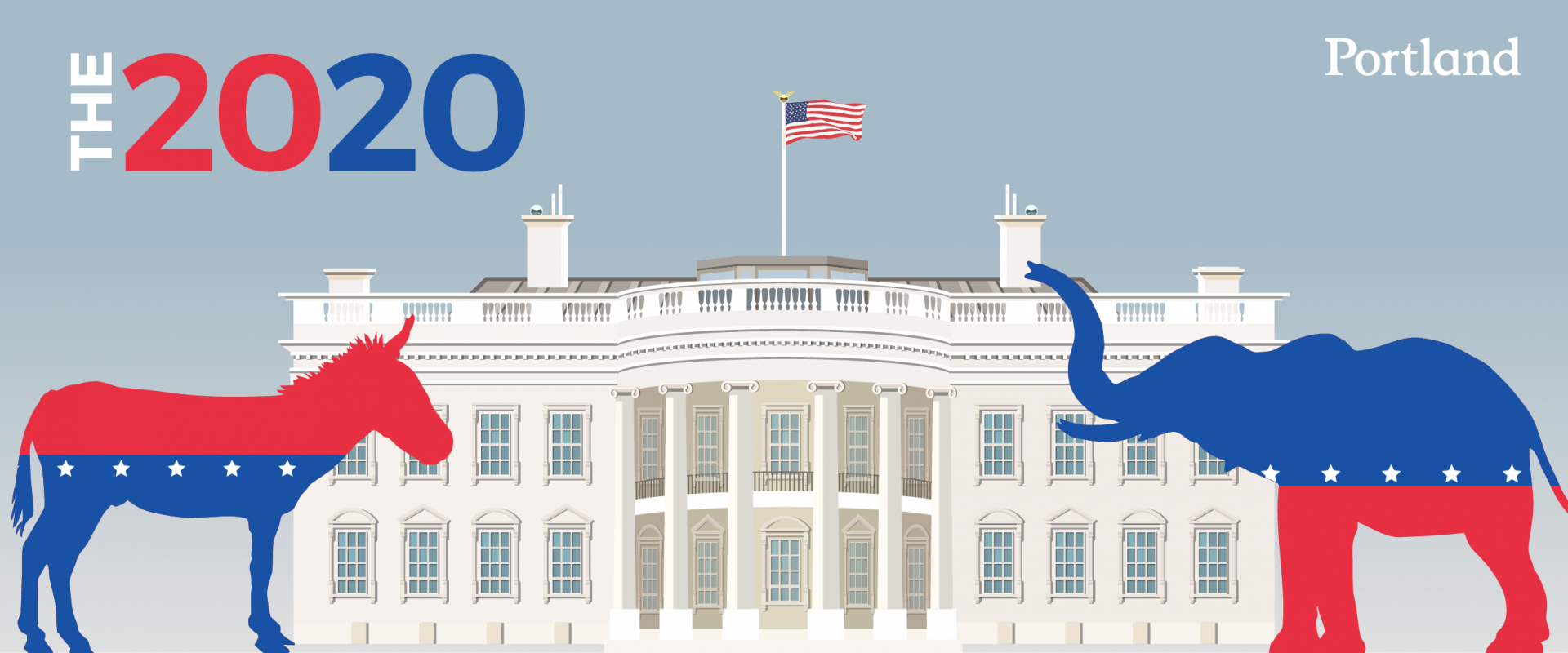Accelerated decoupling
Former National Security Advisor John Bolton’s new book on the Trump administration has reopened questions about America’s relationship with China. President Trump has repeatedly pointed the finger at China for the spread of the novel coronavirus and withdrew funding from the WTO over its “China problem”. The pandemic combined with China’s decision to impose a new national security law on Hong Kong has led to speculation that the partial trade deal between China and the US could be at risk.
Sanctions
Last week, Trump signed into law a bill calling for sanctions on those responsible for the mass detention of Uighur Muslims in China. Secretary of State Mike Pompeo described the treatment of the Uighurs as the largest human rights violation since the Second World War and there is bipartisan support for using the Magnitsky Act to sanction Chinese officials for their involvement. Mr Bolton alleges that Trump’s reluctance to sanction the Chinese over human rights violations in its Xinjiang region was driven by Trump’s desire to secure a trade deal, a stance Mr Trump has since confirmed in a recent interview. Separate sanctions on Chinese officials for their role in suppressing protests in Hong Kong are expected to follow soon as China hawks pursue meaningful action against their geopolitical rival and Trump looks to secure his reputation as a president who is tough on China.
Trade deal in jeopardy
Pompeo met with his Chinese counterpart Yang Jiechi in Hawaii to discuss the status of US-China relations and restart trade talks that have appeared moribund since the signing of a phase one trade deal in January. Since then, Trump’s crowning accomplishment after an almost two-year trade war with China has been seemingly derailed by the pandemic. China is set to miss its purchasing agreements and Democrats are newly invigorated in their opposition to Trump’s approach to China because of Mr Bolton’s allegation that Trump’s primary concern in negotiating the deal was his own re-election.
Politics has always dictated trade policy, but with China becoming the new unifying front in American foreign policy, any perception of weakness will be attacked. Trump’s rival for the White House, former Vice President Joe Biden has repeatedly accused the president of being soft on China, an attack Trump’s team levels at the Democrat. Hong Kong’s democracy protests have been happening for a long time, but the Trump administration has only just reacted by revoking the island’s special status, an action that ironically will push Hong Kong closer to the mainland. Chinese revanchism in the South China Sea has the US on edge. .Sanctions on Chinese officials, or even tearing up the phase one deal, might be the only way for them to send a message that aligns with Trump’s plans.
The Future of US-Sino relations
The 2020 election overshadows everything in Sino-US relations and both Trump and Biden will want to outdo each other in terms of hawkishness. Being tough on China is a vote winner. Trump’s mercantilist view of the global economy has led him to pursue a trade war designed to expand market opportunities for US companies. If re-elected, Trump could focus on cementing some of the structural changes in the first phase of his trade agreement. The strength of this approach is that the focus enables the US to extract greater gains on economic matters. Biden would take a broader view of China’s status seeking to strengthen US alliances potentially by re-joining the Trans-Pacific Partnership, an agreement Mr Trump withdrew from. Human rights violations in Xinjiang and Hong Kong would be sanctioned but the broad sweep of actions would make it difficult for China to accede to US demands without losing face.
Sino-US tension is not a creation of the Trump presidency but has become a defining characteristic of the relationship and one that will become increasingly permanent, regardless of who wins in November.

